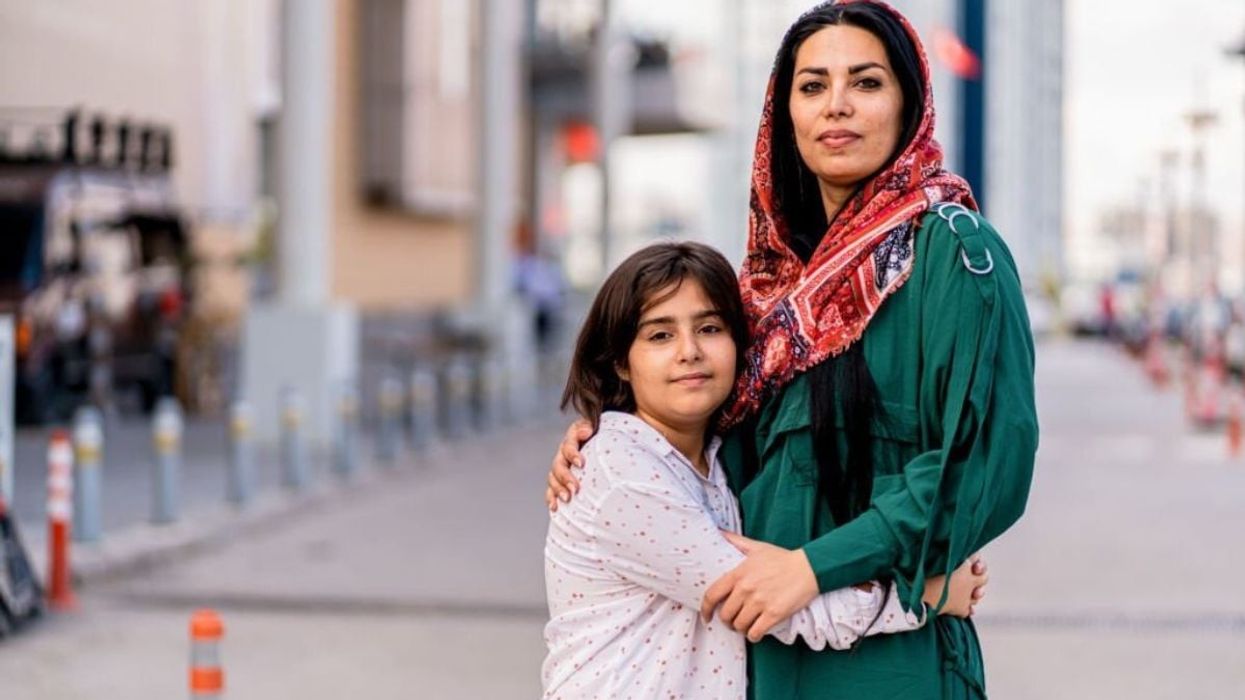Just like Saudi Arabia, Iran also holds great importance in the Muslim world. Many people are confused about the question that whether Iranians are Arabs or not. You will get different answers to this question. Some people will say No. This answer offends many people. Only 2 to 3% of people are of the view that Iranians are Arabic. To get the answer to this question with the linguistic, and historic, background, you must know how Iranians are different from Arabs. Professional Farsi translation can help you in understanding the difference.
Geographical Location
To know the answer to this question, you should know the geographic location of Iran. But before diving into it, you must know the definition of the word Arab. Cambridge Dictionary defines, Arabs are a group of people that are from Western Asia and North America who speaks Arabic as a first language. It is located in West Asia in the hub of the Middle East near some Arabic countries like Iraq.
The geographic location of Iran is the foremost reason that many people think that Iran is an Arabic country. The other important thing to note is that Iranian people resemble Arab with dark eyes and thick black hair. Therefore, people outside the Middle East got confused. People that live in the same geography look similar because they share similar genes.
The typography and the way people write Farsi are other reasons that people think that Iranians are Arabs. The composition of the Farsi language is different from Arabic. However, the accents of both languages are the same. To differentiate between the Farsi and Arabic, you must take assistance from Farsi translation services.
History of Arabs and Iranians
Iranians and Arabs were neighbors for long period. This situation changed when the Arab army invaded Iran and conquered it from 633 to 654 AD. Iran, Lebanon, Iraq, Egypt, and some European countries were conquered by the Arab army to introduce the religion, Islam. At that time, Islam was a new country introduced in Western Arabia. The conquest of these countries spread the religion Islam in other regions too. Arabic culture is among the unique cultures of the world. Therefore, it took a long time to get emerged with the languages and cultures of different countries.
There was a time when Arabic culture is restricted to the Middle East. During the era of the Ottoman Empire, which was considered the most powerful empire in the world, Arabic culture influences some parts of Asia, Africa, and Europe. These events had significantly impacted the culture of many countries. People from many countries start speaking Arabic. However, they are not Arabs. The same thing goes for Iran
Religion
Religion plays an imperative role in deciding whether the country is Arab or not. The important thing to note is that all Arab countries are Muslims. However, not all Muslim countries are Arabs. Religion plays an important role in the formation of any country's culture. The belief system of people, language, and lifestyle forms traditions.
Do you know that before Islam, Iranians believed in Zoroastrianism? According to them, their prophet Zoroaster was born in Iran and Iranians were its first believers. Iraq was also affected by this belief system. When Islam was introduced in the region then many people embrace Islam. There is no doubt that Islam is the religion that is followed in Iran. However, there are some events still practiced from the era of Zoroaster. Thus Iran does not celebrate the new year in December, instead, they celebrate the new year during Nowruz. The majority of Arabs are Sunni whereas Iranian Muslims are Shia which is the one sect of Islam.
Do Iranian Speak Arabic?
You will be surprised to know that Iranian do not speak Arabic. Although Arabic culture entered Iran a long time ago so you will find a combination of Farsi and Arabic spoken there. When Islam became the official religion of Iran then they made Arabic the official language. However Iranian kept on using Farsi. At that time Iranians need to use Arabic for official purposes. While doing this, many Arabic words entered Farsi. Therefore, Farsi has taken many loanwords from Arabic. To differentiate between both languages, professional Arabic translation is of great use.
Difference Between Farsi and Arabic
Let's dive into the differences between Farsi and Arabic language
The Root of the Language Family
Farsi language is from the group of the Indo-European language. Other languages like French, Spanish and Dutch are the offspring of this language. On the other hand, Arabic is from the family of Afroasiatic languages. It is also the key language of many African languages. Farsi and Arabic are beautiful languages but they are different.
Grammar: The grammar of both languages is different
Word Order: When it comes to the composition of the sentence then in Arabic, the word order in the sentence is similar to English. In Farsi, the Word composition of words is subject, verb, and object whereas in Arabic composition of words is like subject, object, and verb. To differentiate between Arabic and Farsi word order, you must take the assistance of Arabic translation services.
Gender: In many languages, genders are categorized as male and female. The Arabic language follows the same rule. But in Farsi genders are not differentiated. Thus it is gender-neutral language.
Wrapping Up
Iran is a Muslim country but not an Arab country. Nationality is one thing that we got by birth. Due to globalization, we can get dual nationalities but it takes a lot of time. Geographic locations, languages, and religions make us understand how different nations are different.













